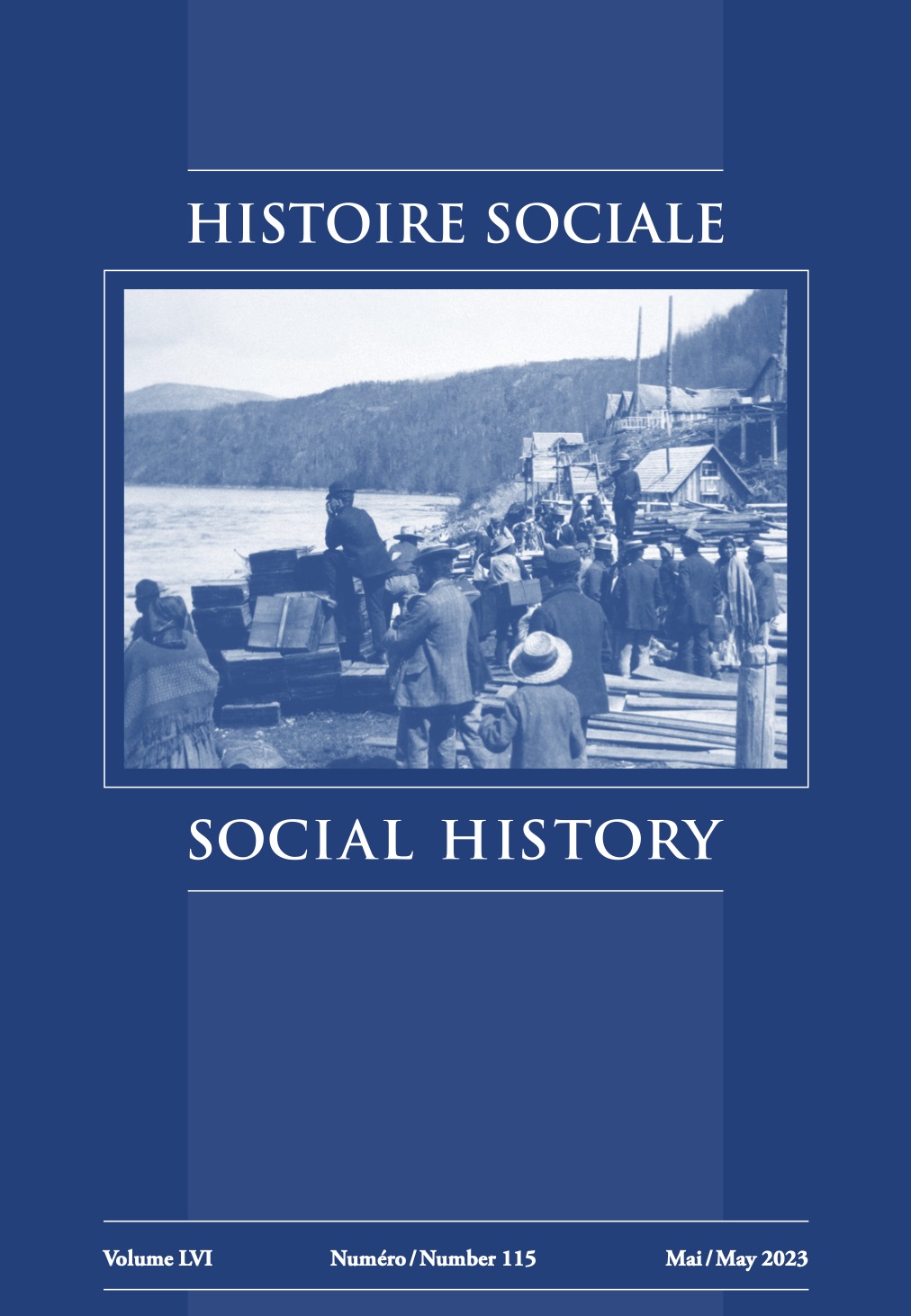Poor Relief and “Cheap Labour”: Pauper Apprenticeship and Auctions in Early Nineteenth-Century Nova Scotia
Abstract
As urban communities increasingly turned to state-funded, centralized institutions to assist poor residents, rural townships like Cornwallis, Nova Scotia, continued to focus most of their poor relief on the household. Well into the nineteenth century, these townships sought to relieve poverty by indenturing poor children as apprentices, annually boarding poor adults as servants, and auctioning the labour of children and adults to the lowest bidder at town meetings. These practices were in the interest of paternalistic benevolence and order. Yet, the witness of the people affected by that system of rural poor relief (and of contemporary critics) is that their bonds limited their choices, exploited them as “cheap labour,” and, in many cases, further marginalized communities that were already labouring under racist attitudes and the legacies of slavery. Poor relief was one form of “low law” that reinforced unequal social and labour relations.


